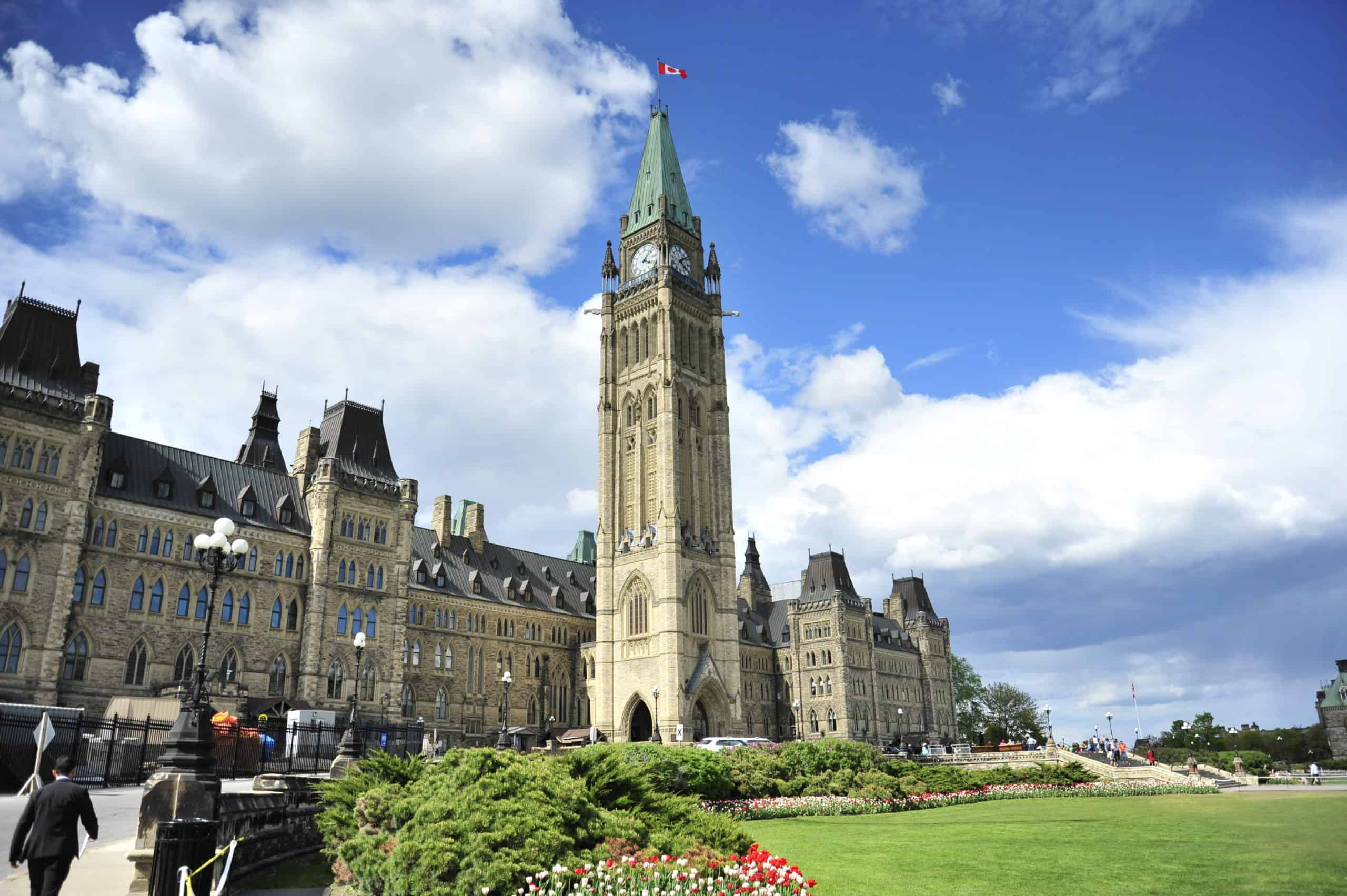Canada immigration officials made a record number of decisions on applications in the first quarter of this year, allowing Ottawa to welcome 108,000 new permanent residents by the end of March, says Immigration Minister Sean Fraser.
“While navigating unprecedented challenges in Canada’s immigration system, we have kept client experience as our focus, leading to record levels of newcomers in Canada,” said Fraser on Thursday.
Read More
IRCC Issues Canada Immigration Fraud Warning
How To Apply For The Canada-Ukraine Authorization For Emergency Travel
Canada Welcomes Record Number Of New Permanent Residents For Month Of January
“Helping clients come to Canada quickly, with predictable processing times and efficient communication, remains a top priority for me,” he said. “Canada is proud to be a destination of choice for so many people around the world, and we will continue to work hard to provide the best experience possible for them.”
IRCC Makes Decisions On 147,000 Applications In First Quarter
Immigration, Refugees and Citizenship Canada (IRCC) exceeded its goal of 147,000 permanent residence final decisions in the first quarter of this year, a goal announced by the immigration minister at the end of January.
That’s double the number of these decisions made during the same time period last year.
It’s because of that much-larger number of decisions that Canada was able to welcome all those new permanent residents in three months.
Ottawa has also exceeded its citizenship goals for 2021-2022 with over 210,000 new Canadian citizens.
The immigration minister also unveiled Thursday updates to his department’s online processing times tool. That’s to give applicants more accurate estimates of how long it will take to process their applications, a major source of frustration for prospective immigrants who regularly complain on Twitter about the long wait times to get their applications processed.
“Most permanent residence and citizenship services will now use dynamic processing times with updated calculations posted weekly based on data from the previous six months,” notes the IRCC in a statement. “Dynamic processing times for temporary residence services are already in place based on data from the past eight or 16 weeks.
Watch Video
“These changes will provide realistic and up-to-date information for clients and will reflect the volumes of applications being processed as well as the latest operational realities. They will allow those who want to come to Canada to live, work, and study to make plans based on a more accurate timeline.”
The higher-than-usual number of applications processed in the first three months of this year is being chalked up to the IRCC’s modernization of its services for people who want to become Canadians, including offering online testing, virtual citizenship ceremonies, and an online application tracker to stay updated on their files.
Immigration Officials Working To Modernize and Digitize Processes To Cut Backlog
“We continue our work to digitize and modernize how we deliver our programs and services so Canada can continue to be a destination of choice for people all over the world,” the IRCC said in a statement.
In its 2021 Economic and Fiscal Update, Ottawa earmarked $85 million to slash the backlog of applications for immigration to Canada.
The money is to hire more staff and cut the processing times for applications, including for study permits, work permits and permanent resident card renewals. Canadian immigration officials are also working to reduce processing times for visitor visas and proof of citizenship.
In February, the IRCC launched a new digital case status tracker to allow some family class permanent residence applicants, sponsors and their representatives to more easily check their application statuses online. For the initial launch, the tracker is available only for permanent residence applicants in the spousal, partner and dependent child categories.
“IRCC made over half a million decisions and welcomed over 405,000 new permanent residents in 2021, the greatest number of newcomers in a year in Canadian history,” the IRCC noted in a statement.
“Following a record year for study permits in 2019, IRCC increased its output by 32 per cent in 2021 by finalizing almost 560,000 study permit applications. In the same year, nearly 169,000 applicants, a record number, made the transition from worker status to permanent residence in Canada.”
Canadian immigration officials began holding virtual citizenship ceremonies exactly two years ago. Between Apr. 1, 2020, and January 31, 2022, more than 198,900 people took the oath of citizenship in more than 12,400 ceremonies using a virtual platform.




